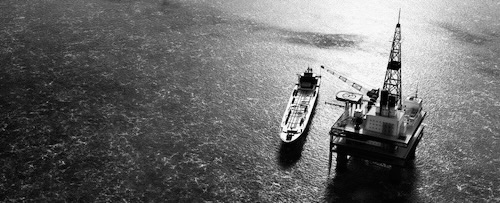Petrobras pumps 2.7 million barrels a day — eighth in the world, wedged between Chevron and TotalEnergies — with proven reserves good for a decade-plus, and prime offshore assets that break even below $30 a barrel.
Yet it trades like a company with one foot in bankruptcy court and a pro forma dividend yield so high it looks like someone misplaced a decimal. Picture this: an oil major worth $71 billion, promising to pay out $45 to $55 billion in dividends over five years — maybe $65 billion if the stars behave. No spreadsheet required to see the math falters.
The reality is that nobody invests there anymore — the risks are too popular. The main one has four letters and an office in Brasília. The government — read Lula — owns 37% and runs the show. It’s bad press when the top man, who used to praise Mao and Chávez, is back at the helm of Brazil’s crown jewel. Five CEOs in three years tell you plenty about job security there.
Lula has bled Petrobras before, forcing it into every kind of side hustle. Diworsification, fuel subsidies, and price caps cost the company tens of billions of dollars. They bought votes, and the national oil company paid the bill. Socialism 101 for those who skipped class. And that’s before his successor, Dilma Rousseff, presided over the greatest corruption scandal in corporate history.
Who wants to sign up for a repeat? Not so fast. Every saint has a past, and every sinner a future. After a major cleanup, the company reemerged on solid footing, with a leaner balance sheet and disciplined governance. It sold off dead wood, doubled down on its wildly profitable offshore oilfields, and started acting like a serious business again.
Former CEO Jean Paul Prates — widely respected across the board — wanted to continue that path. His reward was being shown the door. Then Magda Chambriard stepped in. She’s publicly declared that the new plan is to make Petrobras ‘as big as possible.’ Investors have heard that tune before. Small wonder they fled.
My hunch is that, behind closed doors, the state wants its dividends. It probably won’t butcher its own cow a second time.
Despite its nefarious interference in the past, Petrobras has delivered an average of $22 billion in annual free cash flow between 2014 and 2024 — a decade also marked by two brutal downturns in the oil business. Against a market cap of $71 billion, these fundamentals translate into a valuation of about three and a half times earnings, and a dividend yield of around 15% excluding special distributions.
And that’s assuming Petrobras performs just as badly in the next decade as it did in the last — if ‘bad’ is how you’d describe a business that spits out $22 billion a year.
